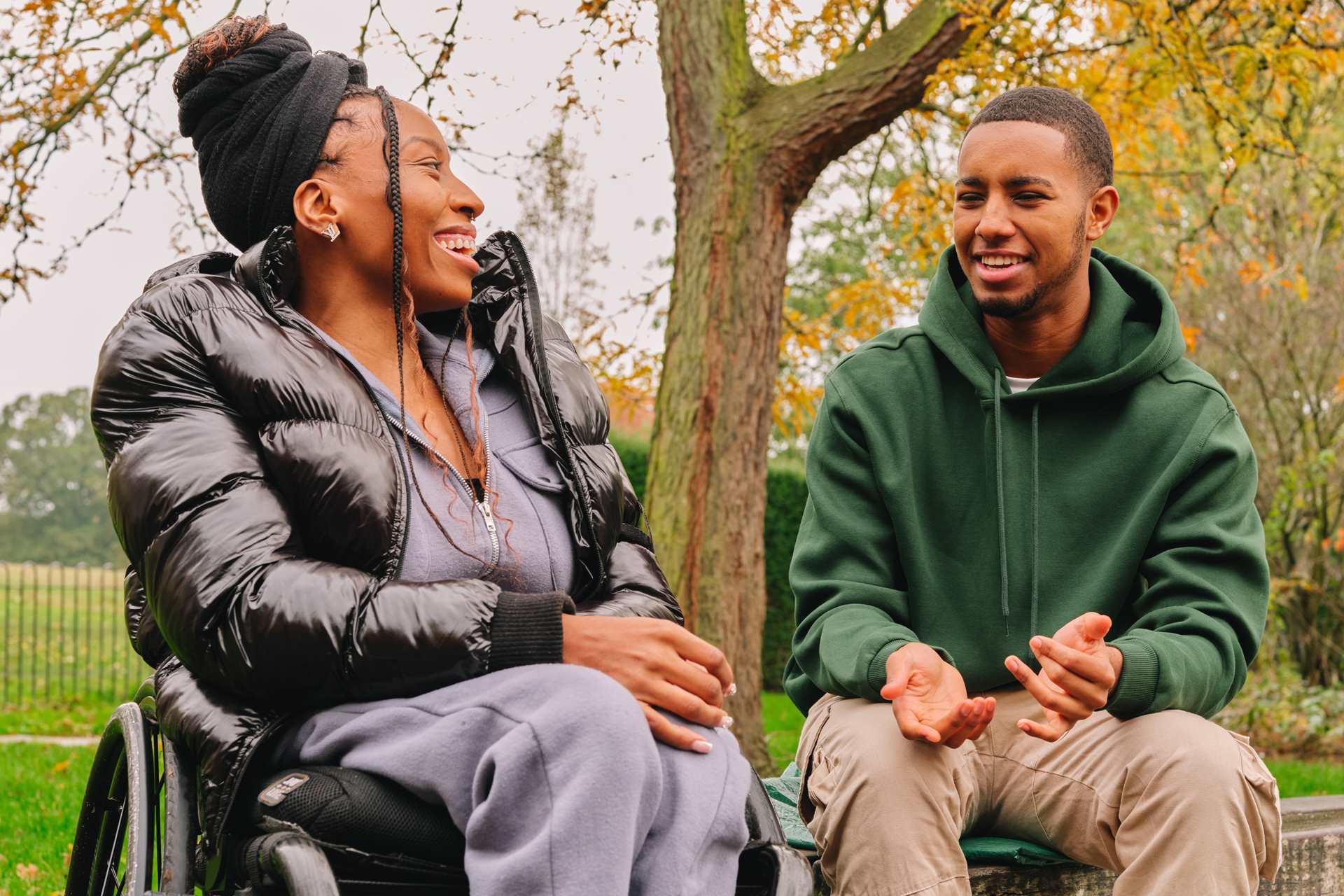Pregnancy
It is not safe to take valproate during pregnancy. It can be harmful to developing babies during pregnancy and cause a condition called Fetal Valproate Syndrome ( FVS) which can cause physical birth defects and lifelong learning and behaviour changes.
It is recommended that if you can get pregnant and are taking valproate, you must use an effective method of contraception as part of the Valproate Pregnancy prevention Programme to reduce the risk of unplanned pregnancy.
If you are prescribed valproate, talk to your doctor if you are planning to have a family so you can discuss treatment options that are best for you and your baby. Do not stop using contraception until you and your specialist have agreed on what treatment option would be best for you. They are likely to need to change you to another medicine and carefully stop your valproate.
However, if you become pregnant while you are on valproate, you should carry on taking it and make an urgent appointment to see your doctor. They can discuss the benefits and risks of continuing valproate and help you to make a decision that is best for you and your baby.
They may refer you to a specialist perinatal mental health team to support you with this decision.
You can find out more information about taking valproate during pregnancy at Bumps (Best Use of Medicines in Pregnancy).
If you are planning to get pregnant, it is recommended that you take folic acid while you are trying for a baby and during pregnancy.
Post-natal
Some newborn babies whose mothers take valproate during pregnancy can get withdrawal symptoms at birth and soon after, like feeding difficulties or restlessness.
Tell your midwife if you are taking valproate, so that they can help if the baby has any symptoms after birth.
Breastfeeding
Valproate is passed to the baby in breastmilk in small amounts.
If your baby was born early, then breastfeeding while you are taking valproate may not be recommended. Talk to your midwife and doctor about feeding options.
Tell your midwife if you are taking valproate, so that they can help if the baby has any symptoms after birth.
It’s important to remember that breastfeeding is not a form of contraception and you can get pregnant during this time. If you are taking valproate and breastfeeding, use a form of contraception. Speak to your doctor or midwife for advice.









